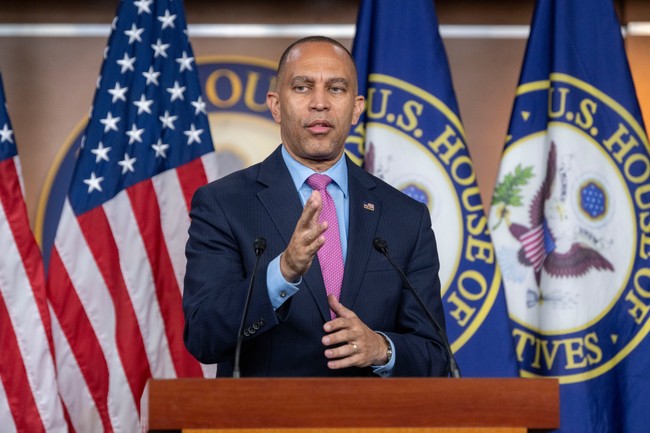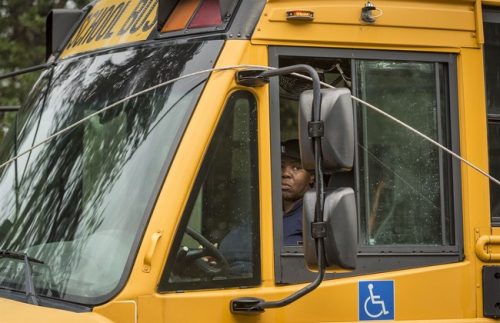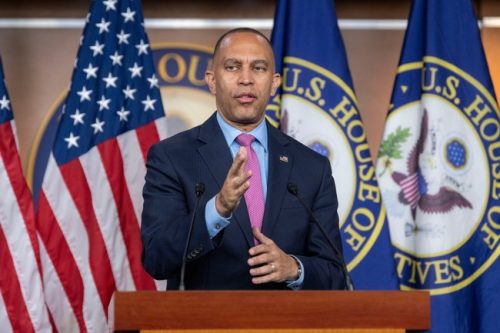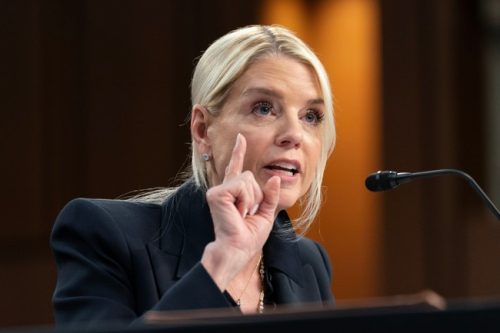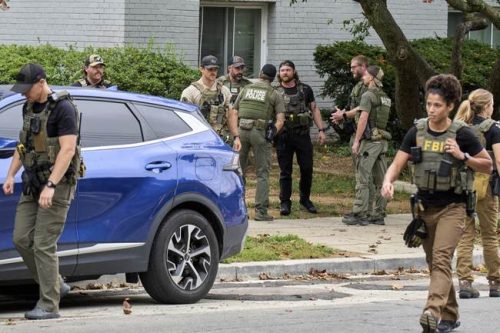The Schumer shutdown ended with Senate Democrats folding and Republicans claiming the deal they offered in October; swing voters are frustrated, and there are real political consequences for Democratic leaders.
The shutdown ending was portrayed as a Democratic win, but the reality looks different when you strip away the spin. Eight Democratic Senators joined Republicans to break the logjam and push a clean path to reopen the government, and the end result closely mirrored what Republicans had proposed weeks earlier. That outcome left a lot of Democrats looking like they lost leverage they insisted they had.
The package reopened funding through January 30 and kept SNAP benefits funded through September 2026, while also guaranteeing a vote on Obamacare subsidies. Those are concrete, headline numbers that voters notice, especially when leadership fights hard and then accepts what the other side offered. To many swing voters, that sequence felt like a capitulation, not a strategic victory.
Georgia swing voters in our latest Engagious/Sago focus groups expressed frustration with Democrats for dragging out a federal government shutdown only to end it without a guarantee from Republicans to offset rising health insurance premiums.
Why it matters: Even some voters who backed President Trump last November look to Democrats to protect health care affordability and the social safety net for lower-income Americans.
What they’re saying: Seven of the 13 Biden-to-Trump Georgia swing voters in this week’s panels said Democrats came out of the shutdown looking worse than Republicans. Two said Republicans look worse and four said both parties look equally bad.
[…]
“Democrats gave swing voters — who already hold the party in profoundly low esteem — yet another reason to mistrust them,” said Rich Thau, President of Engagious, who moderated the focus groups.
The big picture: Eight of the 13 said they still approve of the administration’s actions on balance since Trump’s return to office in January.
The five who expressed overall disapproval cited inflation, high food costs, a bad job market, over-the-top immigration enforcement and their sense that Trump and his team aren’t approaching their governing role seriously.
Focus group results from Georgia matter because swing voters there are the kind who decide tight contests, and their reaction was blunt: Democrats look worse. That perception feeds into a larger narrative that Democrats promise bold moves but settle for familiar deals when the pressure is on. For a party that claims to protect safety-net programs, ending the shutdown without stronger offsets for rising premiums reads hollow to those voters.
Republicans, for their part, stood firm on key demands and resisted demands tied to a $1.5 trillion package for illegal alien health care benefits and public media funding. That resistance mattered politically and practically; it drove negotiations toward a deal that preserved core funding without adopting expansive new commitments. That discipline allowed Republicans to argue they prevented unilateral spending hikes while still reopening the government.
The political fallout lands on Democratic leaders in Washington. Chuck Schumer looks weakened after these events, and talk about his future cropped up immediately, including speculation about retirement considerations toward 2028. Rep. Hakeem Jeffries (D-NY) is also facing internal party headaches, with colleagues publicly and privately questioning his ability to hold the caucus together after the midterms.
Republicans should not get complacent. Trump and his team have time to address legitimate voter complaints about the economy, and messaging matters as much as policy. The political task is straightforward: emphasize improving price trends, point to the contrast in negotiating resolve, and show voters that the administration is focused on practical results that affect pocketbooks and safety nets.
The takeaway for conservative strategists is tactical and simple. Highlight that Democrats prolonged a shutdown only to accept terms similar to what Republicans offered earlier, and use the focus-group findings to frame Democrats as unreliable on promises about affordability and protection for lower-income Americans. That crisp message rings with many swing voters who feel let down.
At the same time, the GOP can underline its role in keeping core programs funded while blocking expansive new spending. That combination lets Republicans argue for responsible stewardship and discipline, especially when contrasted with a Democratic leadership that appears to have misread its leverage. Political fights are won by persuasion and turnout, and this episode offers a ready line of contrast for the coming months.

